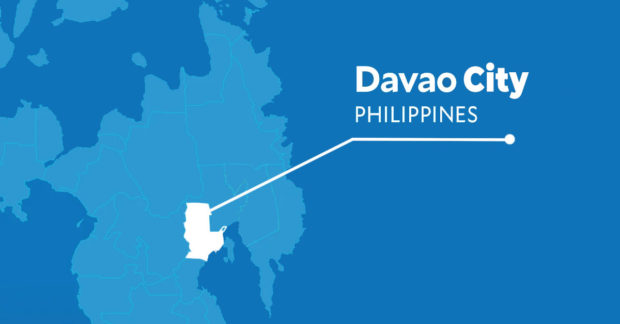
DAVAO CITY — President Ferdinand R. Marcos Jr. on Saturday witnessed the formal signing of the agreement between the government and the Asian Development Bank (ADB) for the P73.3-billion Davao Public Transport Modernization Project (DPTMP) here.
The funding agreement was signed by Transportation Secretary Jaime Bautista and ADB president Masatsugu Asakawa.
Part of the infrastructure initiatives under the Build, Better, More program of the Marcos administration, the DPTMP is aimed at addressing urban congestion and mobility challenges in Davao City.
Of the total funding for the project, 60 percent will come from the ADB loan. The DOTr would shoulder 40 percent while the city government will chip in P1.5 billion.
Marcos said the loan agreement is a milestone “as it heralds a very large leap to modernize our transport system.”
When completed, the project is expected to serve 800,000 passengers daily.
“As the country’s first integrated city-wide bus service, this landmark project promises a multitude of benefits for residents of Davao as well as tourists who frequent this beautiful city,” Secretary Bautista said.
“The DPTMP will see the establishment of the first of its kind public transportation system that would set the standard for safe, efficient and convenient high-priority bus system. The project aims to provide a more comfortable commuting experience for all,” Bautista added.
At least 1,100 buses will be procured for the project, with about 400 units run by electricity and the rest comprising Euro-5 standard diesel buses.
It will cover 672 kilometers with 29 routes that connect key areas in Davao City and Panabo City, with 1,000 bus stops along the routes.
The project will also see the building of five bus depots and three bus terminals.
Asakawa described the project “groundbreaking” and which will transform Davao City’s public transport system.
“This project which is our largest ever road-based public transport project in the Philippines exemplifies that partnership. ADB is very pleased to support the Philippines in this groundbreaking initiative,” Asakawa said.
With the acquisition of hundreds of articulated e-buses, the Davao bus project will launch the Philippines’ biggest electrification initiative, the DOTr said.
Davao City Mayor Sebastian Duterte said the loan agreement “shall provide us with the crucial momentum and bring us closer to attaining the goal of sustainable development and progress in our city.”
“We thank the ADB for the approval of the Philippine government’s loan application for the Davao bus project. We also thank the national government, especially the DOTr for your unwavering support for this project,” Mayor Duterte said, adding the project will usher in a new era in public transportation in the city.
Marcos assured the government will assist displaced jeepney drivers and their dependents and others who will be affected with financial and non-financial aid.
Families who will be affected in the construction related to the project will also be relocated if needed, the President said.
The project began in 2010 during the administration of then mayor and former president Rodrigo Duterte as the growing metropolis was grappling with traffic and transportation woes.
The project is set to begin by the third quarter this year, and begin operation by next year and will be fully operational by the end of 2025.